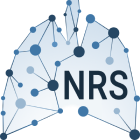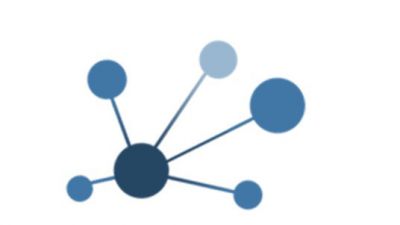Predictive, Preventive, Personalized and Participatory (P4) Medicine for More Oxygen: P4O2
Update December 2017 (for recent status check p4o2.org)
On June 22nd 2017, the NRS presented the P4O2 document in a meeting attended by many stakeholders in Dutch respiratory medicine and science. The document was written to promote the goals of the National Program Lung Research. Recognizing that lung diseases are the number one cause of death worldwide, P4O2 aims to seize the opportunity for Dutch respiratory science to play a leading role in the transition from palliative respiratory care towards preventative and curative respiratory medicine.
In the P4O2 document, a national multidisciplinary collaborative program was called for to innovate, reinforce and display the current know-how and physical infrastructure for biomarker and data acquisition, storage and analysis. Such a program could integrate traditional phenotypic data (e.g. demographics, lung physiology, other clinical characteristics) with analysis of innovative biomarkers (e.g. molecular/microscopic imaging, radiomics, (epi)genomics, proteomics, metabolomics) in existing and developing cohorts and registries within the Dutch respiratory field. In addition, by combining strength and resources from universities and business enterprises and by using novel models to study repair responses upon environmental insults (lung-on-chip, organoids, scaffolds), fundamental improvements can be realized in quality of life, perspectives and societal participation of patients with chronic lung diseases by 2030.
The June meeting was attended by a large group of patient representatives, scientists, health care providers and business representatives. While a clear sense of urgency and enthusiasm was felt by many participants, it appeared to be too early to materialize concrete collaborations, plans and timelines. As an intermediate step, a round of consultations was held over the Summer to give the opportunity to different stakeholders to provide input into the P4O2 document. The document was finalized in September 2017 and is now supported by the broadest possible coalition.
From October onwards, meetings have been held with private companies to discuss further steps. A special interest was formulated into investigating the “exposome”: the totality of human environmental (i.e. non-genetic) exposures from conception onwards and the human response to these exposures. Another company expressed interest in developing a collaborative model of image processing methods that can aid in early recognition of disease and precision medicine. In the coming months, additional companies that attended the June meeting will be contacted. In the discussions we have held so far it became clear that there is no lack of enthusiasm for the ideas expressed in the P4O2 document. Because of the broadness of the program, it seems that there is something in there for everybody. But at the same time, the transition from enthusiasm and ideas into concrete projects has proven to be complex. To accomplish the NPL goals, we welcome everybody with time and energy to help in this exciting process.

